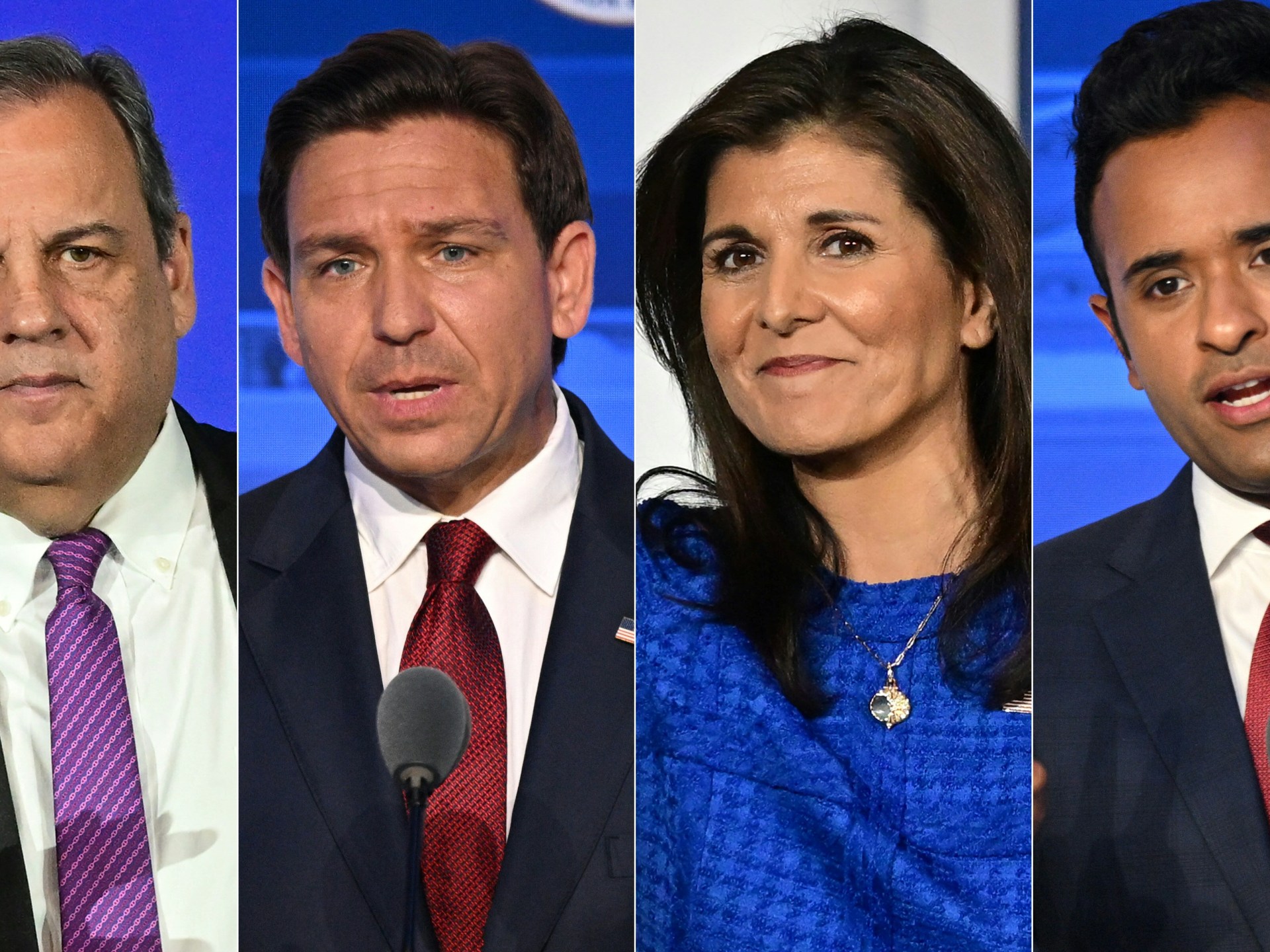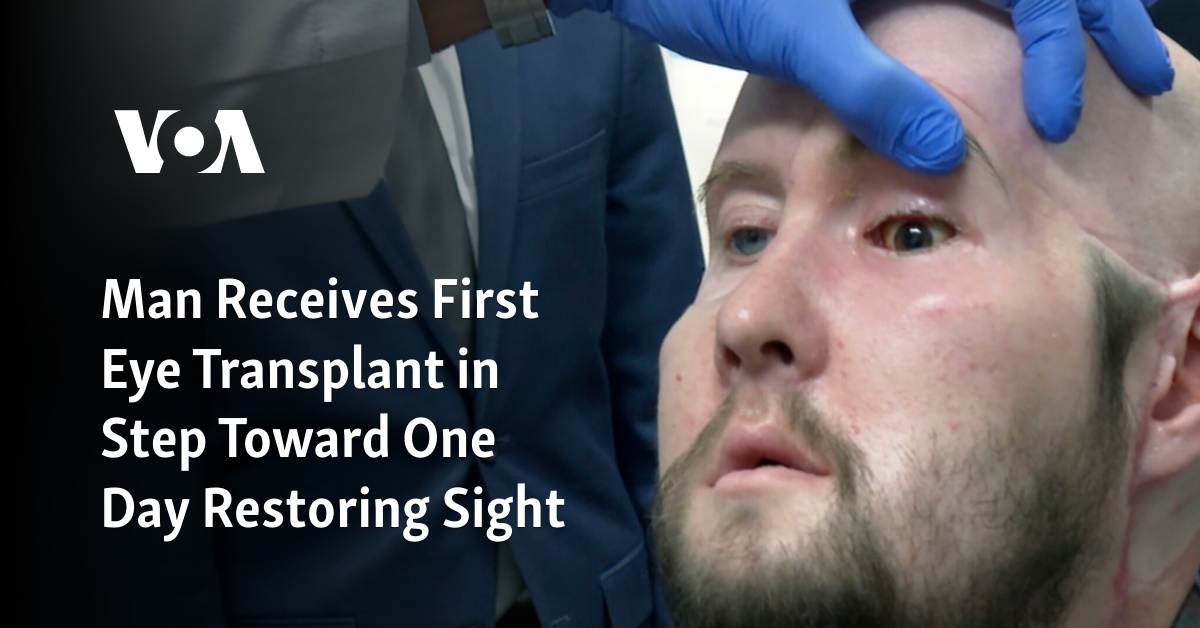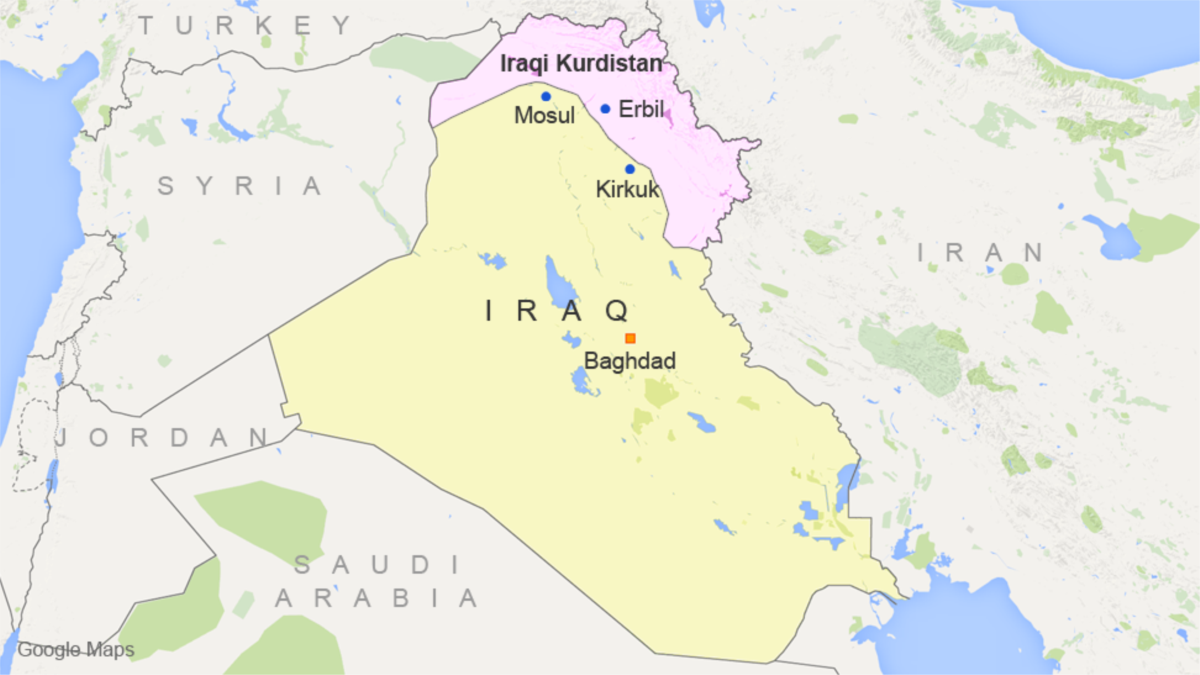
For the House of Lords, the unelected counterpart to the House of Commons, Wednesday could be a rare moment in British politics: The ermine-robed barons and baronesses of that ancient chamber will vote on whether to defy an elected British prime minister and should not fight for a flagship politics.
The Lords are scheduled to hold a crucial debate on the policy that would send asylum seekers on one-way flights to Rwanda. You have attached several amendments to the bill to weaken it; The government, with its strong conservative majority in the lower house, has systematically abolished them.
Nobody, least of all the Lords themselves, believes that the House of Lords will ultimately torpedo the legislation. In the unequal conflict between the elected Commons and the unelected Lords, the Lords invariably give in. But they could delay transit by another week or two, which could be enough to jeopardize Prime Minister Rishi Sunak’s goal of getting the first flight to Rwanda in the air by the end of May.
That would push the House of Lords into British electoral politics in a way that is unusual for an institution that sees itself as providing level-headed, consultative control over the more fractious House of Commons.
The prospect of sending asylum seekers to an East African country – and overruling a Supreme Court ruling – has provoked so much opposition even from Conservative colleagues that the Lords have been shaken from their usual deference.
“This is about people having fundamental objections to a government law,” said Simon McDonald, a former head of the British diplomatic service who became a cross-party or cross-party member of the House of Lords, where he is known as Baron McDonald of Salford in 2021.
“Personally, I would be disappointed if we just gave in,” he said. “In my opinion we need to be strict about the conditions that must be met before the law comes into force.”
The Rwandan government, McDonald said, must demonstrate that it has put safeguards in place to ensure that the rights of asylum seekers arriving there from Britain are not violated. Several Lords amendments seek to do this, but the government has rejected them on the grounds that they merely represent another legal hurdle to prevent the flights from taking off.
For the government, timing matters. Mr Sunak promotes Rwanda policy as the best way to deter migrants making the dangerous crossing of the English Channel in small boats. According to the law, they would remain in the African country even if they were granted refugee status.
Stopping these Channel crossings is one of his government’s five key objectives and Mr Sunak hopes the flights will help the Conservatives close a gaping gap in opinion polls with the opposition Labor Party.
But the policy has run wildly into concerns about human rights and the rule of law, which have angered the normally apathetic Lords. The Supreme Court decided in November that Rwanda was not a safe country for refugees, prompting the government to reshape its policies to address these concerns – inadequately, critics said.
Several members of the Chamber are retired judges and civil servants who see themselves as guardians of the courts and the UK’s compliance with international law. They are using every lever at their disposal to force the government to correct the legislation.
“The way the Lords operates, like so many parts of the British constitution, is based on convention rather than rules,” said Richard Newby, leader of the Liberal Democrat Party in the House of Lords. “The question is how far you push a convention, not whether you break a rule.”
Mr Newby predicted Mr Sunak’s Conservative government would not muster enough votes on Wednesday to force the Lords to withdraw the amendments. This means the bill would be presented to the House of Commons, most likely with fewer amendments.
The resulting back and forth could prevent the bill from coming into effect until after the Easter holidays. However, Mr Sunak has appealed to the Lords not to “thwart the will of the people”. current survey suggests that the majority of the British public does not support this policy.
The House of Lords is the largest legislative assembly outside China and has about 800 members, including 91 hereditary titles, and 26 archbishops and bishops. Its ranks include former politicians, advisers and diplomats; most are appointed for life.
The lords meet in an ornate hall that has too few seats on busy days. Below them is a gold-plated throne set with rock crystals and upholstered in red velvet, on which King Charles III. speaks at the opening of Parliament.
Members who can write legislation and ask questions without the inconvenience of running for office can claim up to 342 pounds, or $435, in per diem. There are other benefits: a desk in Parliament House; a parking lot; and plush, subsidized places to eat and drink, including the wood-panelled Bishops’ Bar.
But the members also work.
“The Lords is where you get effective control,” said Jill Rutter, senior research fellow at the research institute UK in a Changing Europe. “The House of Commons virtually did not consider the Rwanda bill because it was passed very quickly.”
“The problem,” she added, “is that the Lords deep down know it is a ridiculous and illegitimate institution, which is why they almost always give in.”
But even within these limitations, the chamber can influence and even change policy. In 2015, the Lords persuaded the government to reconsider welfare cuts. Just last week, it was the prospect of defeat on a legislative change in the House of Lords that led the government to promise new rules banning foreign state ownership of British newspapers and magazines.
David Lipsey, a Labor MP in the Lords, said he expected his party to push for about half a dozen amendments. He said it was “pretty unlikely” Labor would continue its opposition after Wednesday, even if there were reasons to do so.
“The Lords have always had the backstop function to prevent governments from doing things that go beyond the boundaries of democratic and legal decision-making,” said Mr Lipsey, who became a member in 1999 as Baron Lipsey of Tooting Bec.
Although Labor is likely to form the next government given its double-digit lead in the polls, the party’s leaders know that if elected they would not automatically have a majority in a chamber where many members are non-aligned.
“Labour doesn’t necessarily want to set the precedent that it’s OK for the Lords to scrap an important piece of government legislation because they might want to do things,” Ms Rutter said.
The election, most likely scheduled for this fall, has also given non-aligned members pause. Some fear that the government will portray them as obstructionists who could use the unelected body as a weapon in the election campaign. Others worry about constitutional reforms that could jeopardize their status.
The Archbishop of Canterbury Justin Welby last year spoke out strongly against an earlier version of the Rwanda bill, saying it “does not do justice to our history, our moral responsibilities and our political and international interests”.
But in an interview last December, he said: “I want to play as small a role as possible in the debate. We are about to have an election.”






Recent Comments